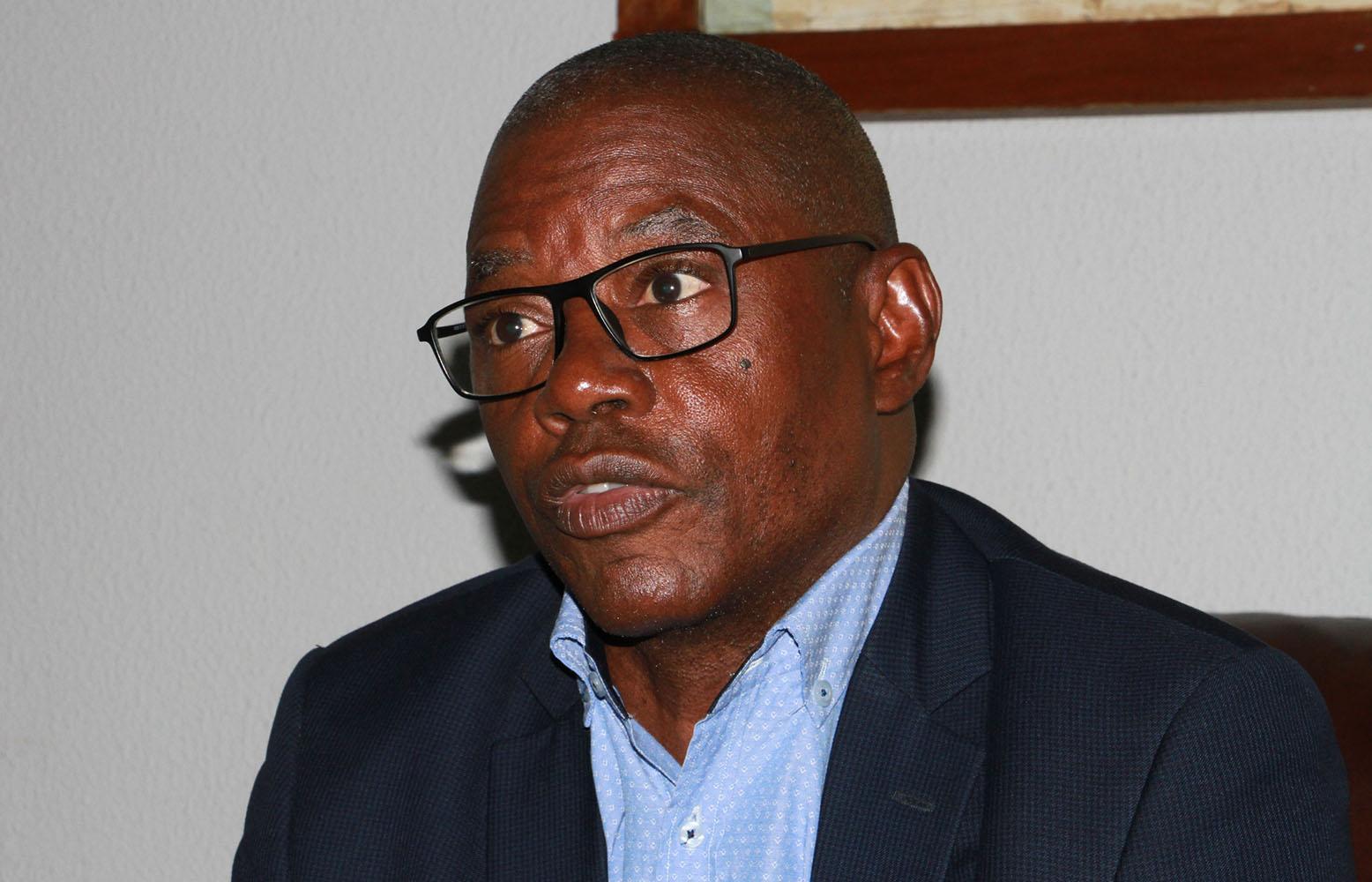Africa-Press – Angola. The National Coffee Institute (INCA) needs at least 80 senior technicians, with a view to boosting scientific research work, as well as strengthening support and technical assistance to national producers.
According to the director general of INCA, Vasco António, the institution currently has only 18 senior technicians, an insufficient number to serve the provinces of Cuanza Sul, Uíge, Cuanza Norte, Bengo, Malanje, Cabinda Benguela, Huambo, Bié and Huíla .
The official referred that most researchers and senior technicians at the institution are over 55 years of age and others are already at retirement age, a situation that has created great difficulties in technical assistance to producers.
“INCA has 185 employees, of which only 18 are senior technicians, a number that makes it impossible to respond to the current challenges of the sector in the three experimental stations and in the 19 brigades existing in the country”, he stressed.
To remedy the situation, he said, the institution recently hired 27 technicians on an occasional basis, who benefited from a training course, in the municipality of Amboim, on coffee production practices.
“Twenty middle and seven senior technicians were recruited from the provinces of Cuanza Sul, Cuanza Norte, Uíge, Malanje and Benguela, in order to minimize the shortage of staff, pending the holding of a public tender to fill vacancies”, he added. .
The National Coffee Institute is an institution belonging to the Ministry of Agriculture, created to ensure the promotion and technical coordination, monitoring and control of coffee activity, as well as the implementation of policies outlined in the field of coffee, palm and cocoa. and technology transfer development.
For More News And Analysis About Angola Follow Africa-Press






